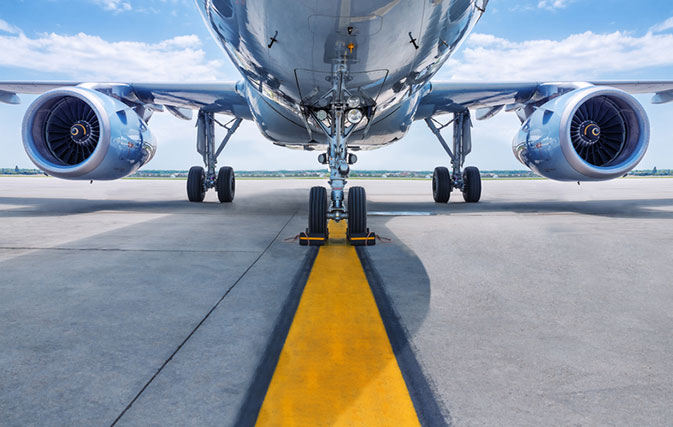TORONTO — As travel agents work around the clock to facilitate rebookings and cancellations, and tour operators and airlines pull off mind-boggling logistical challenges to get passengers home, the financial toll of the coronavirus pandemic is growing by the day.
Along with the human toll and challenges for a long list of industries, global markets are seeing massive swings amid the uncertainty and the travel industry in particular is under great duress.
Airlines have been the first in the travel industry to issue appeals for government funding as cancellations skyrocket and forward bookings plummet amid the uncertainty of the pandemic and border closures.
In a press conference today, Minister of Transport Marc Garneau said the federal government is in close contact with all of Canada’s airlines and realizes “the unprecedented effect the coronavirus pandemic is having on their businesses.”
Garneau acknowledged that bookings at Canada’s carriers “have dropped in an almost precipitous manner” and said the government is “in discussions” with the airlines, although he couldn’t elaborate. “We realize this important sector of our economy is under a very heavy burden at this time.”
Air Canada is cutting capacity by 50% for Q2. WestJet has halted all international flights. There are also long lists of flight cancellations for for all airlines as air travel virtually grinds to a halt, except for repatriation flights as airlines and tour operators bring passengers home.
Reports of sweeping capacity cuts by more airlines around the world are coming in daily. Qantas and Cathay Pacific Airways have both cut international passenger capacity by 90%. Qantas’ cuts will last until the end of May, while Cathay Pacific’s apply in April. Yesterday American Airlines suspended about 75% of its long-haul international flights and began grounding about 135 planes. It will cut passenger-carrying capacity in the U.S. by 20% in April and 30% in May. European carriers including Brussels Airlines and Austrian Airlines have halted all flights. The EU is today closing its borders to all non-essential travel.
Yesterday Trudeau announced that the Canadian border would be closed to all except Canadian citizens and permanent residents, and for now, U.S. citizens.
In the immediate aftermath of Trudeau’s March 16 announcement, coming just days after an advisory against all non-essential travel for Canadians for the immediate future, the Air Transport Association of Canada (ATAC) issued an urgent appeal for immediate government financial support to the air transport industry of Canada.
“Although we fully support the government in its actions aimed at curbing the spread of COVID-19, a government financial assistance is urgently needed to avert a crisis in the aviation industry that will severely impact our member carriers, the travelling public and the Canadian economy, both in the short and long term,” says ATAC.
Canada’s airports could lose up to $1.3 billion, says the Canadian Airports Council, representing 53 airports across the country.
And IATA says revenue losses for the world’s airlines are already past the worst-case scenario of US$113 billion and the strain of the near-global travel shutdown could see many airlines go bankrupt.
In the U.S., an emergency stimulus package worth US$850 billion for American individuals and businesses is in the works.
The U.S. trade group Airlines for America, including Delta Air Lines, American Airlines, United, Southwest, Alaska and JetBlue, says it’s possible U.S. carriers could run out of money in the second half of 2020. U.S. President Trump says the government will help the carriers but didn’t give details. “We are going to back the airlines 100%. It’s not their fault.”
With files from The Canadian Press and The Associated Press


